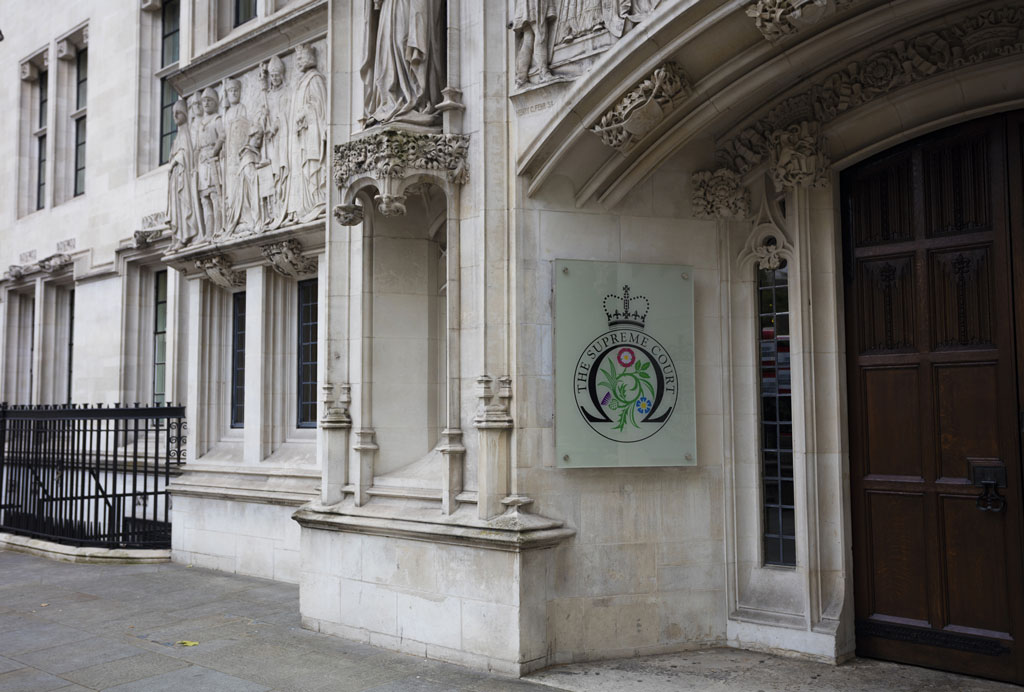
Local authority right to sack head teacher for non-disclosure breach
A local authority was right to sack a primary school headteacher who did not disclose to governors that her friend had been convicted of downloading indecent images of children, the Supreme Court (SC) has unanimously held.
Caroline Reilly was friends with Ian Selwood, and they had jointly bought an investment property in which he lived and where she sometimes stayed overnight. Reilly became headteacher of a school in September 2009, and Selwood was convicted in February 2010. He was given a three-year community order and a sexual offences prevention order, which included a prohibition on his having unsupervised access to minors and a requirement to participate in a sex offender programme.
Reilly did not disclose her friend’s conviction to the governing body, continued to be friends with him, and went on holiday with him in April 2010.
On learning of the conviction and friendship, the local authority held a disciplinary hearing where it was decided that Reilly had committed a serious breach of an implied term of her contract of employment amounting to gross misconduct. She was summarily dismissed.
Reilly brought proceedings for unfair dismissal and sex discrimination, maintaining she had been under no obligation to disclose the information.
Giving the main judgment, in Reilly v Sandwell Metropolitan BC [2018] UKSC 16, Lord Wilson said the decision to dismiss her was reasonable, ‘for her refusal to accept that she had been in breach of duty suggested a continuing lack of insight which, as it was reasonable to conclude, rendered it inappropriate for her to continue to run the school’.
On the question of whether Reilly’s friendship with Selwood engaged the governing body’s safeguarding functions, Lord Wilson said: ‘Parliament has itself recognised that sexual offenders towards children can represent a danger to children not only directly but indirectly by operating through those with whom they associate.’ He noted that a headteacher knows about the pupils’ home circumstances, personalities, routines and whereabouts, therefore the relationship created a potential risk to the children, and this risk required the assessment of the governors.











